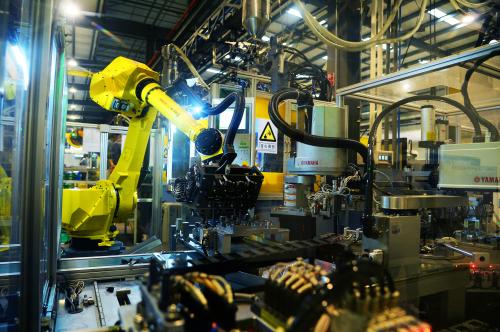

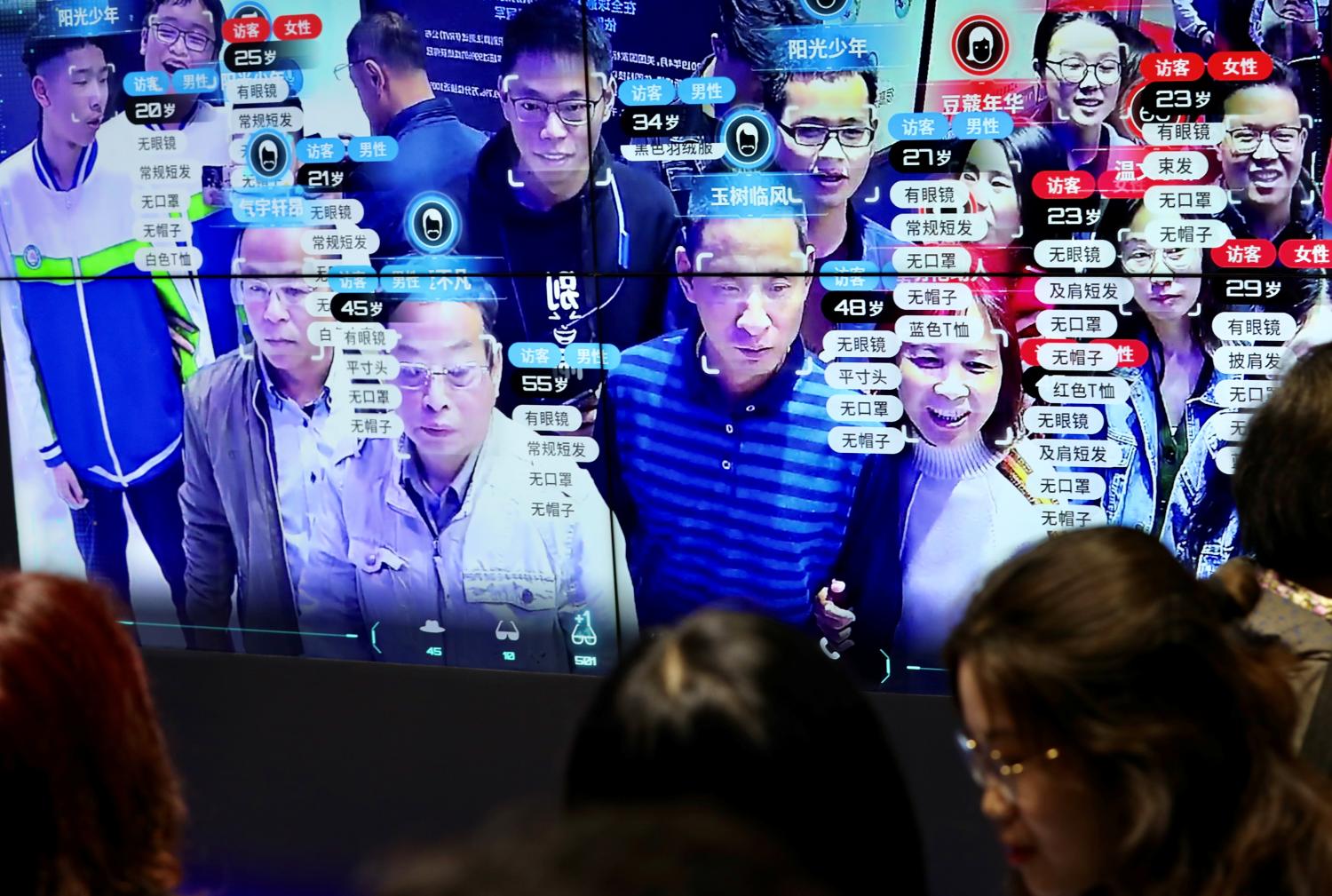
China aspires to global technology leadership. Can it achieve its ambitions? What would the impacts be at home and abroad?
Authors: Tarun Chhabra, Rush Doshi, Ryan Hass, Emilie Kimball
This installment of papers for the Brookings Foreign Policy project “Global China: Assessing China’s Growing Role in the World” assesses China’s growing technological reach in the world by focusing on both thematic and technology-specific topics.
Related Content

Tarun Chhabra, Rush Doshi, Ryan Hass, Emilie Kimball
April 27, 2020
Authors: Michael Brown, Eric Chewning, Pavneet Singh
The U.S. is not prepared for the superpower marathon with China — an economic and technology race likely to last multiple generations.
Related Content

Michael Brown, Eric Chewning, Pavneet Singh
April 27, 2020
Authors: Tom Wheeler
Rather than embracing a China-like consecration of a select few companies, America’s digital competition with China should begin with meaningful competition at home and the all-American reality that competition drives innovation.
Related Content

Tom Wheeler
April 27, 2020
Authors: Elsa B. Kania
As technological competition emerges as an ever more prominent element of U.S.-China rivalry, it is clear the Chinese military and defense industry have undertaken active initiatives in research, development, and experimentation around autonomous weapons.
Related Content

Elsa B. Kania
April 27, 2020
Authors: Nicol Turner Lee
The United States and China are in a race to deploy fifth-generation, or 5G, wireless networks, and the country that dominates will lead in standard-setting, patents, and the global supply chain.
Related Content

Nicol Turner Lee
April 27, 2020
Authors: Aaron Klein
China’s new payment system exploded in under a decade, growing from inception to dominance. What does this mean for the future of China’s payment system and America’s response?
Related Content

Aaron Klein
April 27, 2020
Authors: Sheena Chestnut Greitens
There is relatively little correlation between the level of democracy in a country and the likelihood that it will adopt Chinese surveillance technology, but understanding the impacts of these technologies will be important for crafting effective policy.
Related Content

Sheena Chestnut Greitens
April 28, 2020
Authors: Remco Zwetsloot
China sees talent as central to its technological advancement and has formulated a multi-pronged strategy for growing its science and technology talent pool. In responding to China’s international talent push, however, other countries face dueling incentives.
Related Content
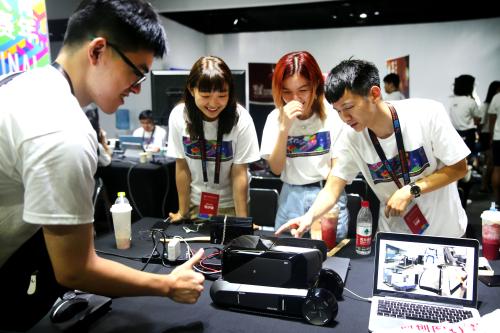
Remco Zwetsloot
April 27, 2020
Authors: Andrew Imbrie, Ryan Fedasiuk
To defend against the transfer of sensitive technical information to China, the United States and its allies will need to be targeted, collaborative, and agile in their response.
Related Content

Andrew Imbrie, Ryan Fedasiuk
April 27, 2020
Authors: Scott Moore
This brief assesses the implications of China’s changing role in biotechnology for the United States, which span national security, data security, and economic competitiveness.
Related Content

Scott Moore
April 27, 2020
Authors: Frank A. Rose
Over the past several decades, China has rapidly expanded its presence in outer space in both the civil and military arenas. Given the increasing role that China is playing in the space domain, the U.S. will need to develop a strategy that balances deterrence and cooperation with China.
Related Content
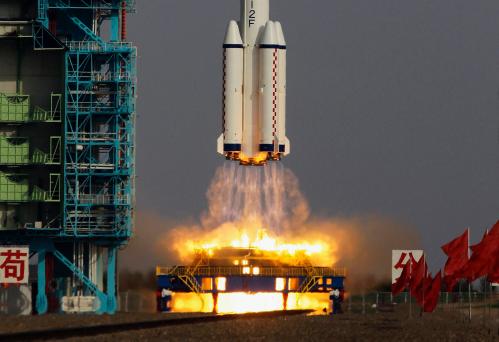
Frank A. Rose
April 27, 2020
Authors: Tom Stefanick
Given the mutual concerns of the U.S. and China over the security of their electrical grids, there may be an opening for mutual agreement for restraint from potentially-threatening behaviors within each other’s grid networks.
Related Content
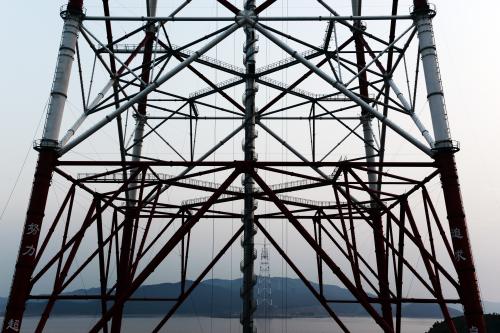
Tom Stefanick
April 27, 2020
Authors: Saif M. Khan, Carrick Flynn
It is in the security interests of democratic states, including the United States, for China to remain reliant on democracies for state-of-the-art chips.
Related Content
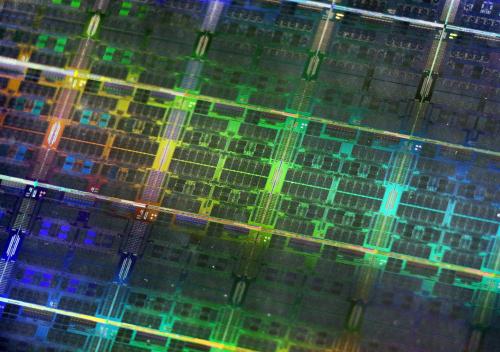
Saif M. Khan, Carrick Flynn
April 27, 2020